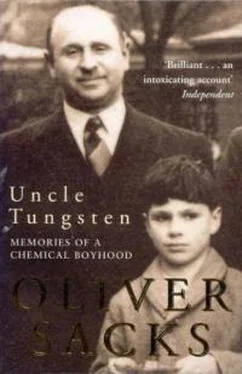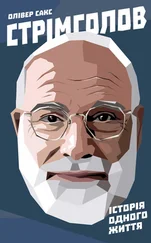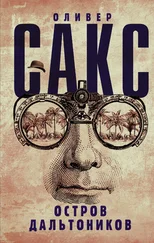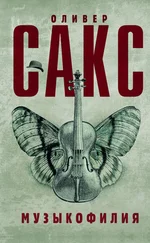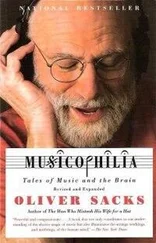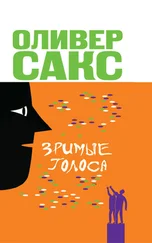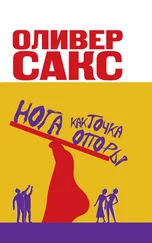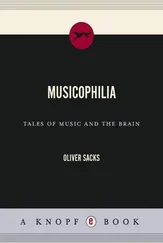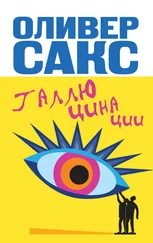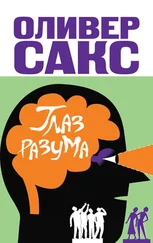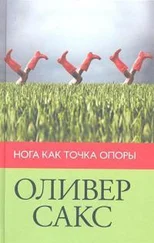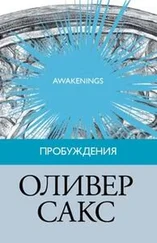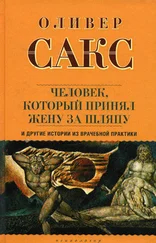Uncle’s bulbs, and my taste for improvisation, incited me to set up a lighting system of my own inside the dark cupboard under the stairs. I had always been fascinated and slightly frightened by this space, which had no light of its own and seemed to disappear, in its furthest recesses, into secrecy and mystery. I used a 6-watt bulb, lemon-shaped, of the sort used in the sidelights of our car, and a 9-volt battery designed for an electric lantern. I put a switch, rather awkwardly, on the wall and ran wires from it to the bulb and the battery. I was absurdly proud of this little installation and made a point of showing it to visitors when they came to the house. But its glare penetrated the recesses of the cupboard, and in banishing the darkness, banished its mystery, too. Too much light, I decided, was not a good thing – there were some places best left with their secrets intact.
Ithink I was somewhat a loner at my new school, The Hall, at least when I first came back to London. My friend Eric Korn, who had known me before the war – we were much the same age, and would both be taken to Brondesbury Park to play by our nannies – felt that something had happened to me. I had been aggressive and normal, he said, before the war, would pick fights, stand up for myself, speak my mind; where now I seemed intimidated, timid, did not start fights or conversations, withdrew, kept my distance. I did indeed keep a distance, in almost all ways, from the school. For I was fearful of more bullying or beating, and slow to realize that school could be a good place. But I was persuaded (or forced – I can no longer remember) to join the Cub Scouts. This, it was felt, would be good for me, would make me mix with others of my own age, teach me ‘needed’ skills for the outdoor life, like making a fire, camping, tracking – though it was not quite clear how such skills would be deployed in urban London. And for some reason, I never really learned them. I had no sense of direction, and no visual memory – when we played Kim’s Game, memorizing an array of different objects, I was so bad that there was some thought I might be mentally defective. Fires I laid could never be started, or went out within a few seconds; my attempts at making fire by rubbing two sticks together never succeeded (though I was able to conceal this, for some time, by borrowing my brother’s cigarette lighter); and my attempts to pitch a tent caught universal mirth.
The only things I really liked about the Cub Scouts were the fact that we all wore the same uniform (which reduced my self-consciousness, my sense of being different), the invocations to Akela the grey wolf, and our identification with the wolf cubs in The Jungle Book – a gentle founding myth that pleased my romantic side. But the actual scout life, with me at least, continually miscarried in all sorts of ways.
This came to a head one day when we were asked to make a special damper like those made by Baden-Powell, the founder of the Scouts, on his sojourn in Africa. Dampers, I understood, were hard, baked discs of unleavened flour, but when I sought for flour in our kitchen I found the flour bin, as it happened, empty. I did not want to ask if there was more flour, or go out and buy some – after all, we were supposed to be resourceful and self-sufficient – so I looked around further, and then, to my pleasure, discovered some cement outside, left by builders who had been constructing a wall. I cannot now reconstruct the mental process by which I persuaded myself that cement would do instead of flour, but I used the cement, made it into a paste, flavored it (with garlic), shaped it into a damperlike oval, and baked it in the oven. It became hard, very hard – but then dampers were very hard. When I brought it to the Cub meeting the next day, and handed it to Mr. Baron, the scoutmaster, he was astonished, but (I think) gratified, or intrigued, by its weight, the unusually heavy nourishment it promised. He put it into his mouth and sank his teeth into it, and was rewarded with a loud cracking as one of his teeth broke. He instantly spat the thing out; there were one or two twitters, and then an awful silence: everyone in the wolf pack looked at me.
‘How did you make the damper, Sacks?’ Mr. Baron asked, his voice menacingly quiet. ‘What did you put in it?’
‘I put cement, sir’, I said, ‘I couldn’t find any flour.’
The silence deepened, extended; everything seemed to freeze in a sort of motionless tableau. Struggling to control himself, and (I think) not to hit me, Mr. Baron made a short, impassioned speech: I had seemed quite a nice boy, he said, decent enough, though shy, incompetent, and a terrible bungler, but this business of the damper now raised very deep questions – did I realize what I was doing, was it my intention to harm? I tried to say it was only a joke, but it was beyond me to get any words out. Was I just incredibly stupid, was I vicious, or perhaps insane? Whatever the case, I had grossly misbehaved, I had injured my master, betrayed the ideals of the wolf pack. I was not fit to be a Scout, and with this Mr. Baron summarily expelled me.
The term ‘acting out’ had not yet been invented, but the concept was often discussed, not a mile from the school, in Anna Freud’s Hampstead Clinic, where she was seeing every sort of disturbed and delinquent behavior in youngsters who had been through traumatic evacuations.
* * *
The Willesden Public Library was an odd triangular building set at an angle to Willesden Lane, a short walk from our house. It was deceptively small outside, but vast inside, with dozens of alcoves and bays full of books, more books than I had ever seen in my life. Once the librarian was assured I could handle the books and use the card index, she gave me the run of the library and allowed me to order books from the central library and even sometimes to take rare books out. My reading was voracious but unsystematic: I skimmed, I hovered, I browsed, as I wished, and though my interests were already firmly planted in the sciences, I would also, on occasion, take out adventure or detective stories as well. My school, The Hall, had no science and hence little interest for me – our curriculum, at this point, was based solely on the classics. But this did not matter, for it was my own reading in the library that provided my real education, and I divided my spare time, when I was not with Uncle Dave, between the library and the wonders of the South Kensington museums, which were crucial for me throughout my boyhood and adolescence.
The museums, especially, allowed me to wander in my own way, at leisure, going from one cabinet to another, one exhibit to another, without being forced to follow any curriculum, to attend to lessons, to take exams or compete. There was something passive, and forced upon one, about sitting in school, whereas in museums one could be active, explore, as in the world. The museums – and the zoo, and the botanical garden at Kew – made me want to go out into the world and explore for myself, be a rock hound, a plant collector, a zoologist or paleontologist. (Fifty years later, it is still natural history museums and botanical gardens I seek out whenever I visit a new city or country.)
One gained entrance to the Geological Museum, as to a temple, through a great arch of marble flanked by enormous vases of Derbyshire blue-john, a form of fluorspar. The ground floor was devoted to densely filled cabinets and cases of minerals and gems. There were dioramas of volcanoes, bubbling mudholes, lava cooling, minerals crystallizing, the slow processes of oxidation and reduction, rising and sinking, mixing, metamorphosis; so one could get not only a sense of the products of the earth’s activities – its rocks, its minerals – but of the processes, physical and chemical, that continually produced them.
Читать дальше
